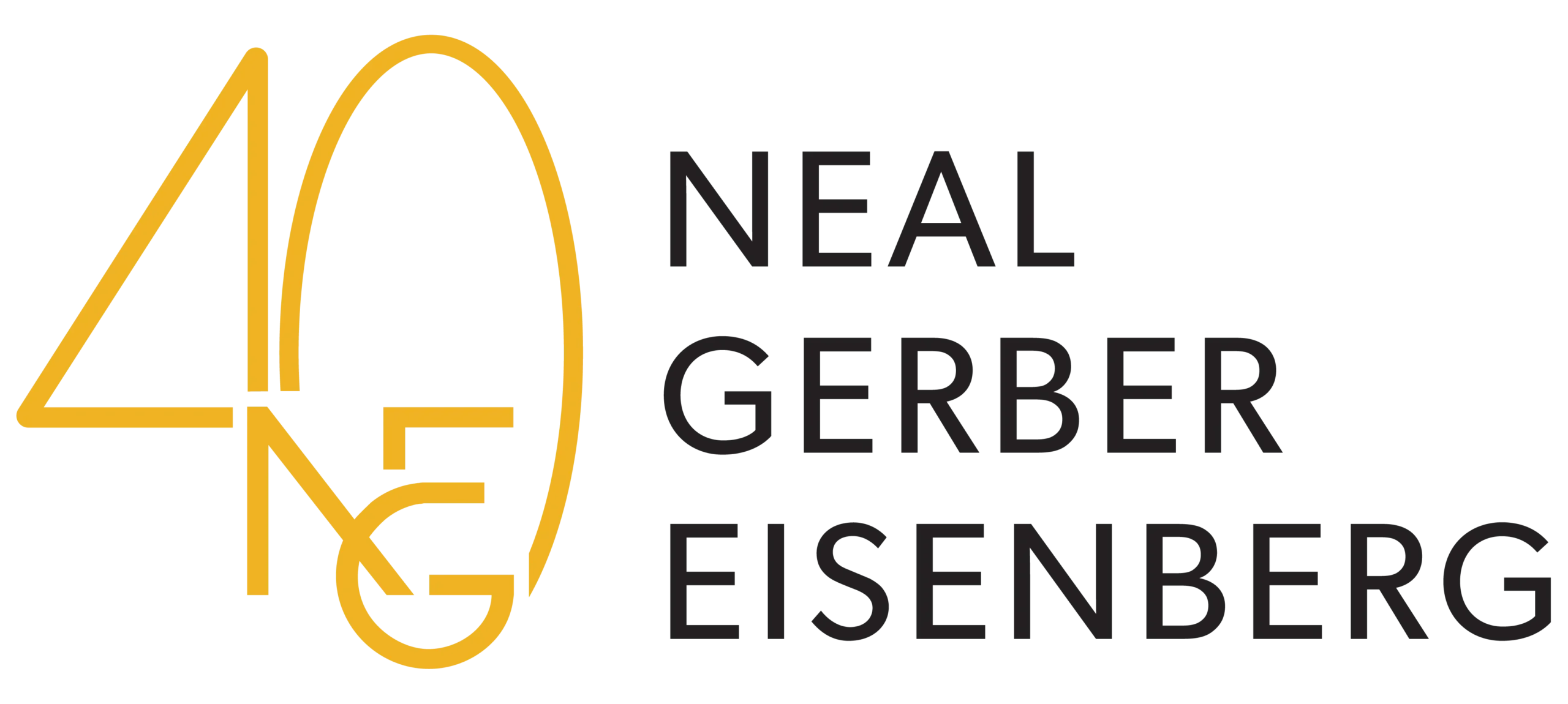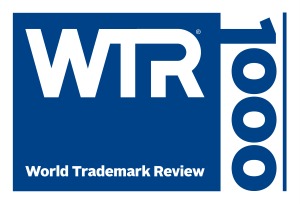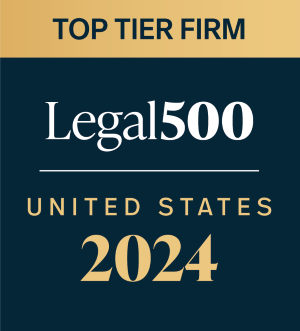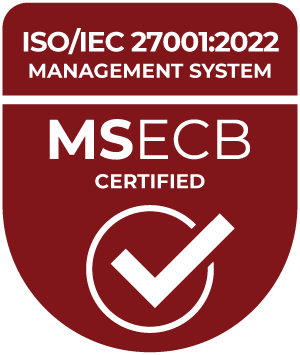On December 8, 2021, the Financial Crimes Enforcement Network (FinCEN) published in the Federal Register its first installment of widely anticipated Proposed Rules regarding the Corporate Transparency Act of 2019 (CTA). The Proposed Rules—55 pages in length—would begin to implement the ambitious goals of the CTA by identifying the types of entities and individuals that must report to FinCEN under the CTA and the information that must be reported. Those goals include: (i) improving information collection, retention, and coordination among national security and anti-terrorism agencies, (ii) modernizing U.S. anti-money laundering laws in accordance with international standards, and (iii) blocking terrorists, malign actors, and corrupt officials from hiding funds in anonymous “shell” companies. These statutory goals, and the Proposed Rules intended to achieve them, are broad in scope and will fundamentally change the entity formation process and disclosure requirements in the United States.
Reporting Companies and BOI Reports
The Proposed Rules, once finalized and made effective sometime after the conclusion of the public comment period on February 7, 2022, will have an immediate impact on the process of entity formation and registration in the United States. Currently, forming an entity in most U.S. jurisdictions requires little personal or identifying information with respect to the individuals who actually own or control the entity. Although the present system facilitates the organizing process and promotes entity and business formation in the United States, including the registration of foreign entities, it does little to counteract money laundering, terrorism financing, and corruption. In fact, the Proposed Rules cite a report that found that more anonymous corporations are formed in the United States than in any other jurisdiction in the world.
The CTA and FinCEN’s Proposed Rules dramatically alter the entity formation and disclosure regime. The Proposed Rules require that “reporting companies” submit Beneficial Ownership Information (BOI) reports with FinCEN. These reporting companies are defined by the CTA to encompass all (i) domestic corporations, limited liability companies, and similar entities created by filing formation documents with an individual state or Indian Tribe or (ii) foreign entities registered to do business in the United States. Although the definition of a reporting company under the CTA is comprehensive, the definition is focused on smaller entities and the Proposed Rules exempt 23 types of entities from the definition of reporting company, entities which are generally subject to federal or state regulatory systems that require disclosure of beneficial ownership information. The list of exempt entities includes the following:
- SEC reporting issuers (e.g., publicly traded companies)
- Domestic governmental authorities
- Banks
- Domestic credit unions
- Bank holding companies
- Brokers or dealers in securities
- Securities exchanges or clearing agencies
- Registered investment companies and investment advisers
- Venture capital fund advisers
- Insurance companies
- Commodity Exchange Act registered entities (e.g., futures commission merchants and commodity trading advisors)
- Public accounting firms
- Public utilities
- Financial market utilities
- Pooled investment vehicles
- Tax-exempt entities (e.g., nonprofit organizations)
- Large operating companies (defined as entities with more than 20 full-time U.S. employees, $5 million in annual gross receipts from sales inside the United States, and an operating presence at a physical office within the United States)
- Subsidiaries of certain exempt entities
- Inactive or “dormant” businesses
While the list of exempted entities is large, it is limited to entities that already generally disclose information regarding beneficial ownership and individuals who exercise substantial control.
Unless an entity can claim one of the exemptions listed in the Proposed Rules, it will qualify as a reporting company and must comply with the CTA. The Proposed Rules estimate that approximately 85% of new entities formed in the United States each year meet the definition of a reporting company, equating to over three million entities per year. Each reporting company must submit an initial BOI report with FinCEN, which shall include the following information:
- the full name of the reporting company,
- any alternative or “doing business as” name(s),
- the reporting company’s business street address,
- the state or tribal jurisdiction of formation (or registration, depending upon whether the reporting company is a domestic or foreign entity), and
- the reporting company’s Taxpayer Identification Number.
Further, every reporting company must provide the following for each beneficial owner and company applicant:
- full legal name,
- date of birth,
- current residential or business street address,
- unique identification number (UIN) from a non-expired government-issued document (e.g., a U.S. Passport or State ID), and
- a copy of the non-expired government-issued document that includes a photograph and UIN for each “company applicant” and “beneficial owner.”
Whether an entity is deemed a reporting company, or qualifies for an exemption, will require careful legal analysis in each case, as the reporting requirements are potentially burdensome and continuous, and the penalties for noncompliance are significant. Generally, the Proposed Rules are drafted in favor of disclosure.
Company Applicant and Beneficial Owner
The Proposed Rules will require reporting companies to determine which individuals qualify as “company applicants” and “beneficial owners.” The Proposed Rules state that the “company applicant” is the individual who either files or directs that another person file the reporting company’s formation, qualification, or registration documents, depending upon whether the entity is a domestic or foreign entity. As a result, a reporting company may have more than one company applicant (e.g., both the paralegal who files the reporting company’s formation documents and the attorney who oversees the filing may be deemed a company applicant).
The CTA defines “beneficial owner” as any individual who (i) exercises “substantial control” over the reporting company or (ii) owns or controls 25% or more of the reporting company. The Proposed Rules provide three separate and independently-sufficient conditions for exerting substantial control over the reporting company: (1) a senior officer of the reporting company; (2) an individual with authority to appoint or remove senior officers or members of the board of directors (or equivalent governing body) of the reporting company; and (3) an individual with substantial influence over important matters facing the reporting company. In the spirit of broad disclosure requirements, the Proposed Rules also include a “catch all” category for any other form of direct or indirect substantial control. The definition outlined by the Proposed Rules indicates that individuals may exert substantial control over an entity through either conventional or novel means. For instance, both the chief executive officer and an influential but informal advisor may possess substantial control over the same reporting company under the definition formulated in the Proposed Rules. Nevertheless, the Proposed Rules exempt five specific types of individuals from the definition of “beneficial owner,” including minor children, individuals acting in a nominee capacity, employees, individuals with only a future right through inheritance, and certain creditors.
The Proposed Rules approach the definition of ownership and control in a similarly comprehensive fashion. For example, “owns or controls” is defined broadly in the Proposed Rules to incorporate indirect and complex ownership structures, such as (i) a trustee with decision-making authority over the disposition of a trust’s assets and (ii) joint ownership arrangements between two or more individuals. Likewise, the definition of “ownership interest” includes interests of all classes and types, including equity interests, capital and profits interests, proprietary interests, convertible instruments, and options or privileges to acquire any of the listed interests.
Reporting Requirements and Penalties
For existing reporting companies—those created before the effective date of the final regulations—the Proposed Rules grant a one-year grace period from the effective date of the final regulations to file their initial BOI report with FinCEN. However, reporting companies formed after the effective date of the final regulations must file their initial BOI report with FinCEN within 14 calendar days of their date of formation or, in the case of foreign entities, 14 calendar days of registration. Moreover, as indicated above, the reporting obligations under the CTA are continuous. Reporting companies will have 30 calendar days to report changes in beneficial ownership information and 14 calendar days to correct inaccurate information contained in a prior BOI report after the reporting company becomes aware of or should have known about the inaccurate information; a reporting company will have 90 calendar days to correct inaccurate information regardless of the reporting company’s knowledge.
Failure to comply with the reporting requirements of the CTA may result in civil or criminal penalties. For example, failure to report or willful submission of false or fraudulent beneficial ownership information can lead to a civil penalty of $500 per day, a fine of up to $10,000, and up to two years’ imprisonment.
More Regulations to Come
In addition to the Proposed Rules (to implement the beneficial ownership information reporting requirements), FinCEN also intends to issue additional sets of rulemakings to (i) implement the CTA’s protocols for access to and disclosure of beneficial ownership information and (ii) revise FinCEN’s current regulations concerning customer due diligence requirements for financial institutions.
Should you have any questions about this guidance or any other matters related to the CTA or FinCEN’s Proposed Rules, please contact Robert Gerber, Wesley Nissen, Michael Gray, Peter Miles, or your Neal Gerber Eisenberg attorney.
—
The content above is based on information current at the time of its publication and may not reflect the most recent developments or guidance. Neal Gerber Eisenberg LLP provides this content for general informational purposes only. It does not constitute legal advice, and does not create an attorney-client relationship. You should seek advice from professional advisers with respect to your particular circumstances.













